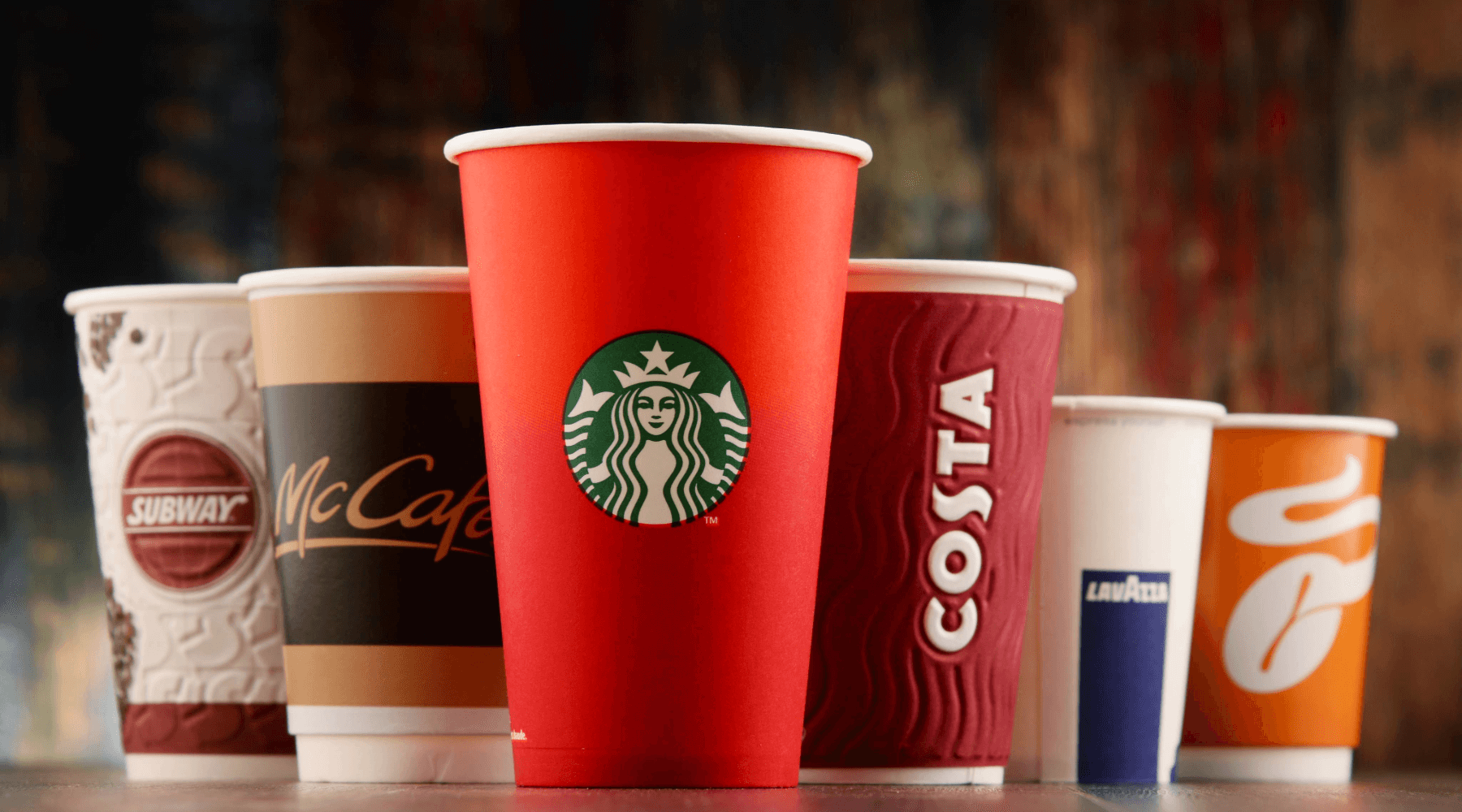What Costa, Starbucks, and Peabody's Reveal About the Future of Coffee
Posted by Emma on 19th Oct 2024 Reading Time:
This week's headlines offer a telling glimpse into the state of the coffee industry, with three major players—Costa Coffee, Starbucks, and Peabody's Coffee—facing unique challenges and opportunities. Each story highlights broader trends in the market, from inflationary pressures to strategic acquisitions and the growing demand for ethical offerings. But what do these developments mean for the future of coffee, and what's driving these changes?
 Andrej Shadura, CC BY-SA 4.0, via Wikimedia Commons
Andrej Shadura, CC BY-SA 4.0, via Wikimedia Commons
Costa Coffee, one of the UK's most iconic chains, recently reported a £9.6m pre-tax loss for 2023 despite an impressive revenue increase of over £100m. This sharp drop from its £245,950 profit in 2022 raises critical questions about the sustainability of high-street coffee chains in today's economic environment. Costa attributes the loss to a combination of rising energy prices, increased payroll costs, and a significant drop in dividend income from its subsidiaries. But can inflation solely explain these financial pressures, or is the business model under strain more profoundly?
Costa's situation highlights the broader challenge many large businesses are grappling with—how to grow while controlling operational costs. Despite the revenue increase, inflationary pressures have eaten into the gains, forcing Costa into the red. This raises an important question: Is the coffee industry approaching a point where even revenue growth may no longer guarantee profitability in a high-cost environment? Costa's continued investment in new stores and development may be commendable, but can such growth strategies sustain a brand in an increasingly competitive and cost-conscious market?
Meanwhile, Starbucks has taken a bold step by acquiring 23.5 Degrees, its largest UK franchisee, a dding 113 stores and 1,650 staff to its direct control. While described as a way to enhance the "coffeehouse experience" for customers, this move also comes during internal turbulence for the company. After a period of declining global sales and leadership changes, Starbucks appears to be doubling down on centralised control to regain momentum. But is this acquisition a smart long-term strategy, or a reactionary move in response to recent struggles?
The decision to bring more stores under direct ownership may streamline operations and provide a more consistent customer experience, but it also comes with risks. Can Starbucks, facing increased competition and rapidly evolving consumer expectations, meet its promises to elevate the in-store experience and improve its digital ordering platforms? More importantly, is the acquisition a sign of strength, or a reflection of the brand's need to stabilise its position in a volatile market?
 Yukiko Matsuoka, CC BY 2.0, via Wikimedia Commons
Yukiko Matsuoka, CC BY 2.0, via Wikimedia Commons
In contrast to the struggles of Costa and the bold moves by Starbucks, Peabody's Coffee, a niche player focused on the healthcare sector, has been quietly expanding. Acquired by Compass One, Peabody's Coffee is set to bring its fairtrade organic coffee to more NHS sites across the UK. Founded in 1997, Peabodys has built a reputation for its commitment to sustainability and quality, which resonate particularly well within the public healthcare sector. But could this focus on ethical, niche markets represent the future of the coffee industry?
As consumers increasingly prioritise sustainability, small brands like Peabodys may find themselves in an enviable position to capture market share by aligning with values that larger chains sometimes struggle to maintain. Peabodys' expansion within the NHS highlights how coffee brands can thrive by catering to specific sectors and adhering to strong ethical principles. But as the brand scales up, can it retain its successful ethos, or will growth dilute its core values?

What unites these stories is the sense that the coffee industry, once seen as immune to broader economic forces, is now feeling the full impact of inflation, shifting consumer behaviour, and the demand for ethical practices. Costa's financial losses demonstrate that market leaders aren't immune to rising costs. Starbucks' acquisition strategy shows the importance of regaining control and focusing on customer experience. Meanwhile, Peabodys' growth in the healthcare sector underscores the potential for niche, ethical brands to thrive in a world increasingly concerned with sustainability.
The real question is: what does this mean for the future of the coffee industry? Will other significant players face similar financial pressures as costs continue to rise, or could we be witnessing a turning point where smaller, value-driven brands lead the way? As consumer expectations evolve and the market becomes more competitive, the future of the coffee industry could look very different from what we know today.

